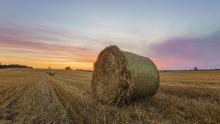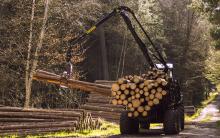
From local recycling schemes to community-led business start-ups, social innovation can drive the revitalisation of marginalised areas where markets and public administrations have failed. EU-funded researchers are studying examples of social innovation and exploring how best practices can be shared across Europe and beyond.






